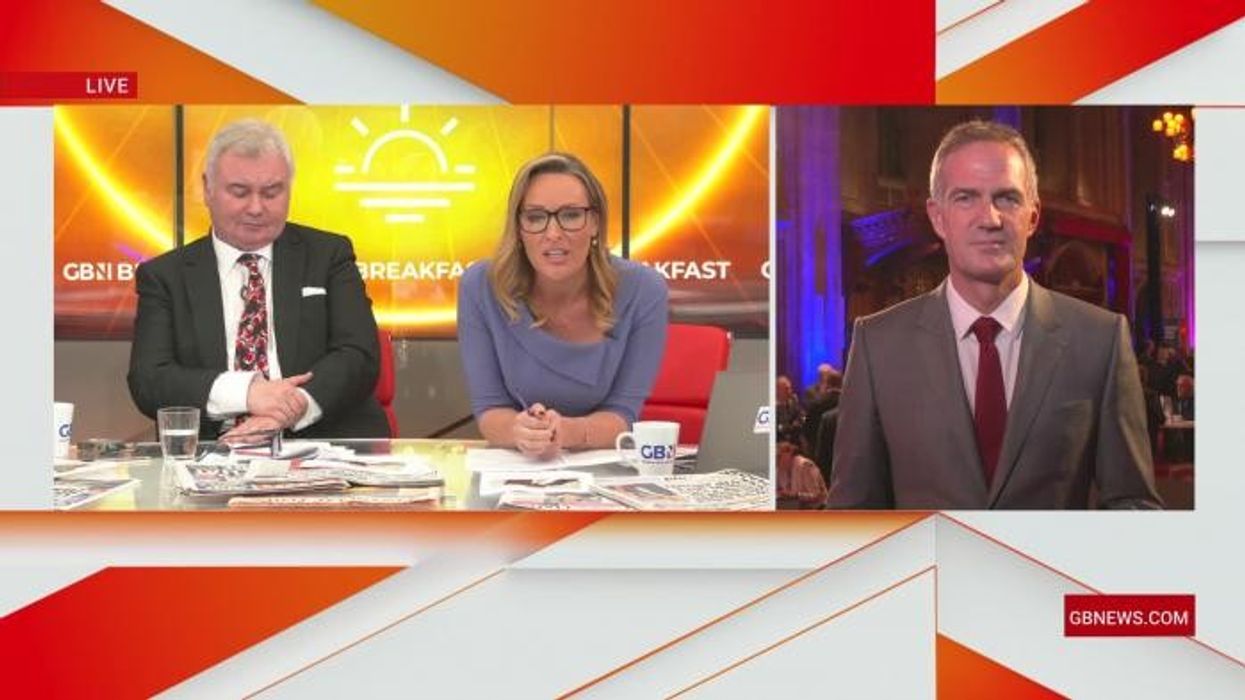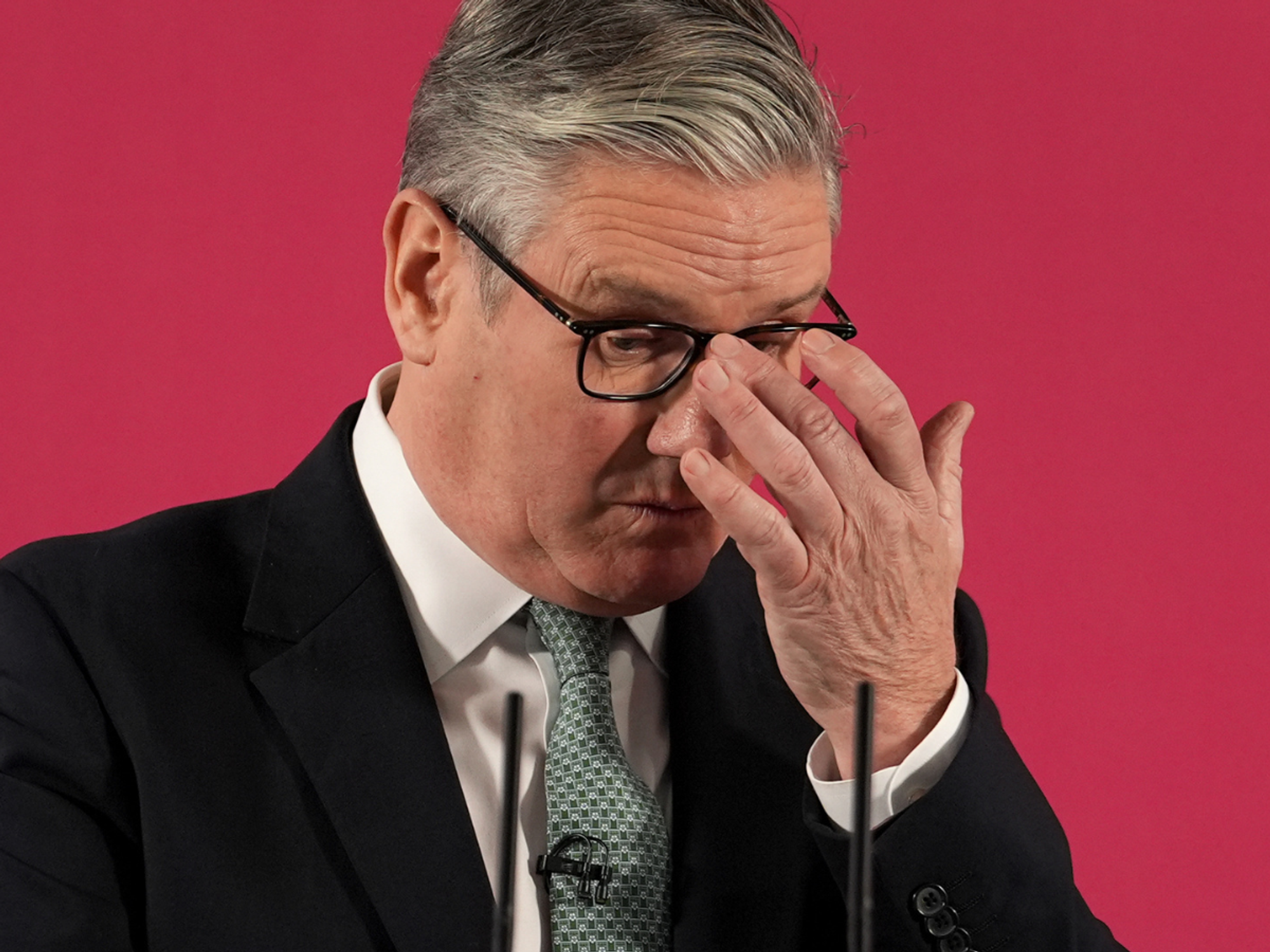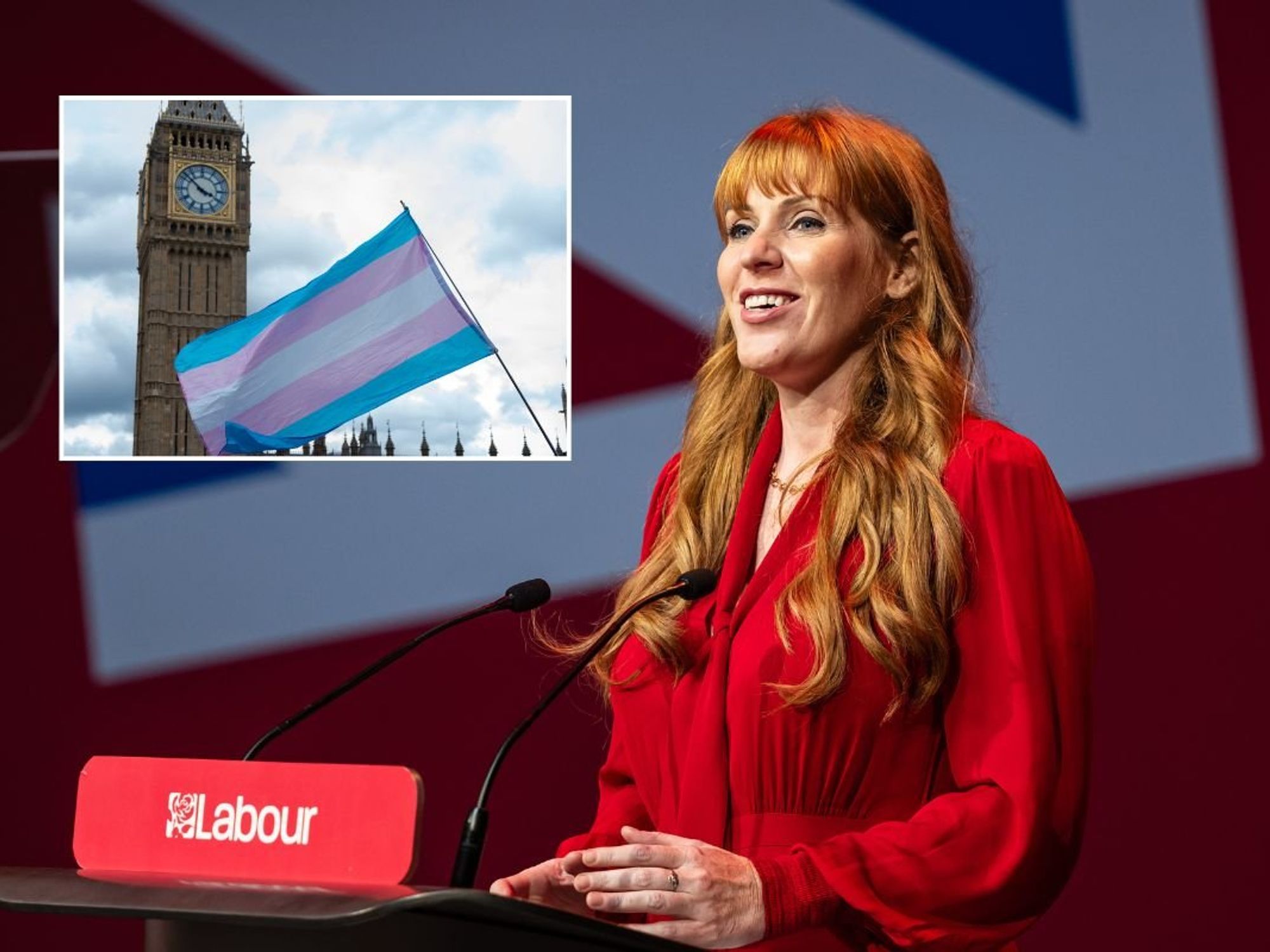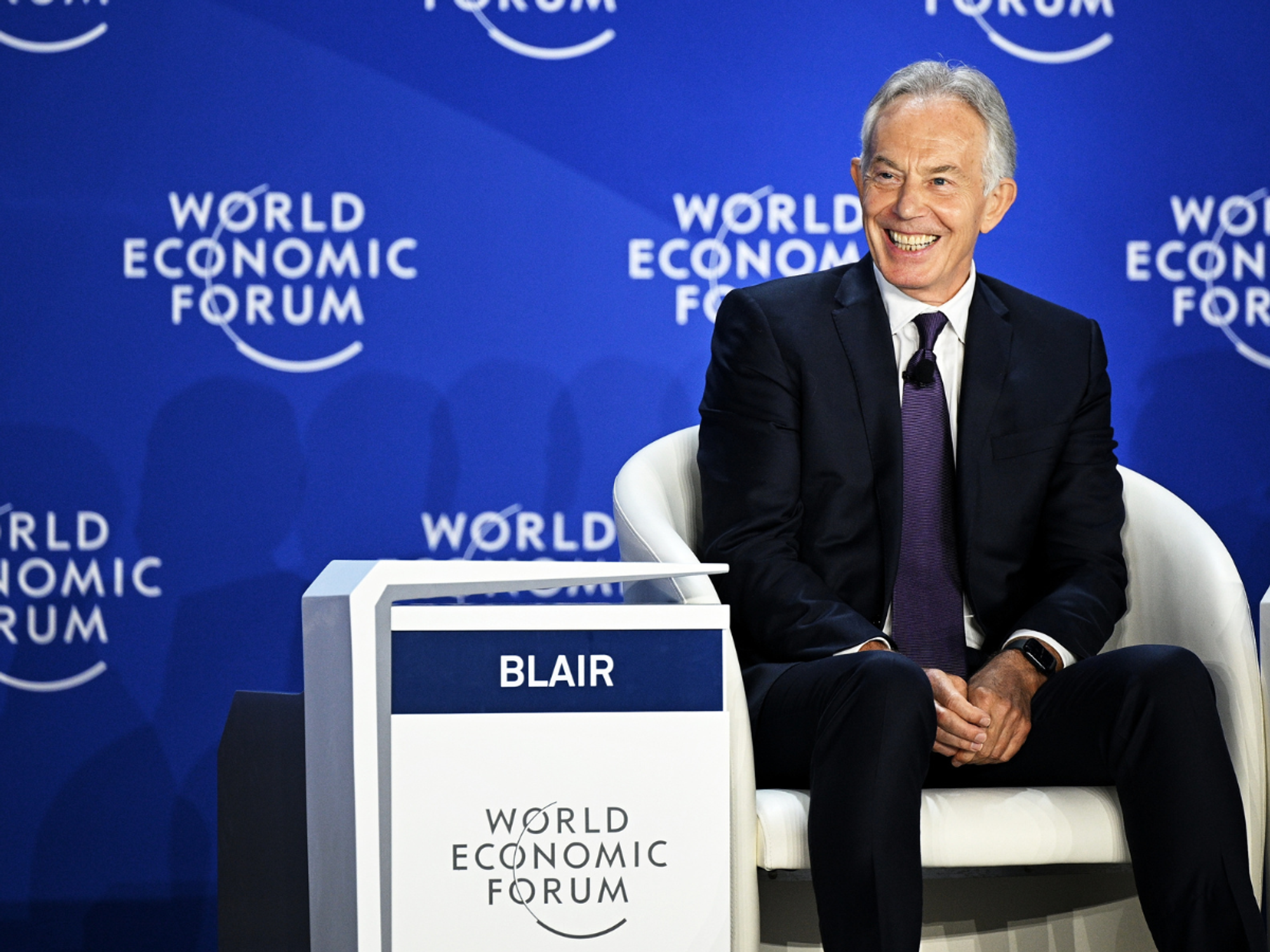Labour minister REFUSES to rule out National Insurance hike for employers: 'All manifesto commitments stand'

Business Secretary Jonathan Reynolds suggested Reeves is considering increasing employer National Insurance Contributions
Don't Miss
Most Read
Labour's Science Secretary Peter Kyle has refused to confirm or deny reports of a potential rise in employers' National Insurance contributions.
Speaking on GB News, Kyle emphasised that all manifesto commitments would be honoured, and the manifesto "promised there'll be no new taxes on working people, so there won't".
However, speculation continues to grow following Business Secretary Jonathan Reynolds' recent comments on Sky News.
Reynolds hinted at a possible increase in the rate paid by employers, suggesting the party's pledge referred specifically to "taxes on working people".
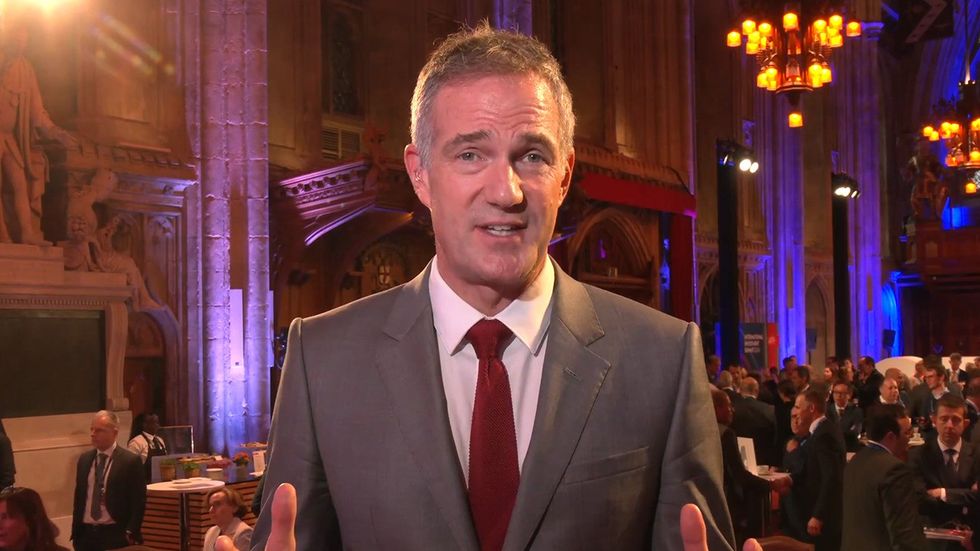
Peter Kyle refused to confirm or deny if Labour will be increasing National Insurance Contributions for employers
|GB News
Business leaders and Conservative MPs have strongly criticised the rumoured "tax on jobs". Kate Nicholls, chief executive of UK Hospitality, warned that any increase in National Insurance contributions would make it "harder to employ people and to take a risk on recruitment and expansion".
Charlie Nunn, Lloyds Bank chief executive, highlighted the importance of pension contributions, stating that "anything that helps people continue to invest and take appropriate risk" is crucial.
Despite the controversy, Kyle remained focused on investment opportunities during his GB News appearance.
He noted the presence of companies representing £40trillion in global assets at an investment summit: "This is what we should be focusing on right now, the Budget’s in a couple of weeks’ time.
"We have this potential before us because this Government, Keir Starmer, Rachel Reeves and myself, we see huge potential in our country. This is one of those moments where we can unlock it. We are proud of our country.
"We are proud of the potential our economy has, and we are working to get deals that will benefit everyone across the entire country."
Kyle said the Government's commitment to ensuring investment benefits all parts of the UK, not just London.
LATEST DEVELOPMENTS:
- Labour scolded for handing 'another body blow' to Britain's employers ahead of Budget: 'They don't understand business!'
- Starmer REMOVES portraits of Elizabeth I after having also ditched Thatcher picture
- ‘Unfinished revolution!’ Jenrick set to take Brexit fight to Starmer after changing mind on EU
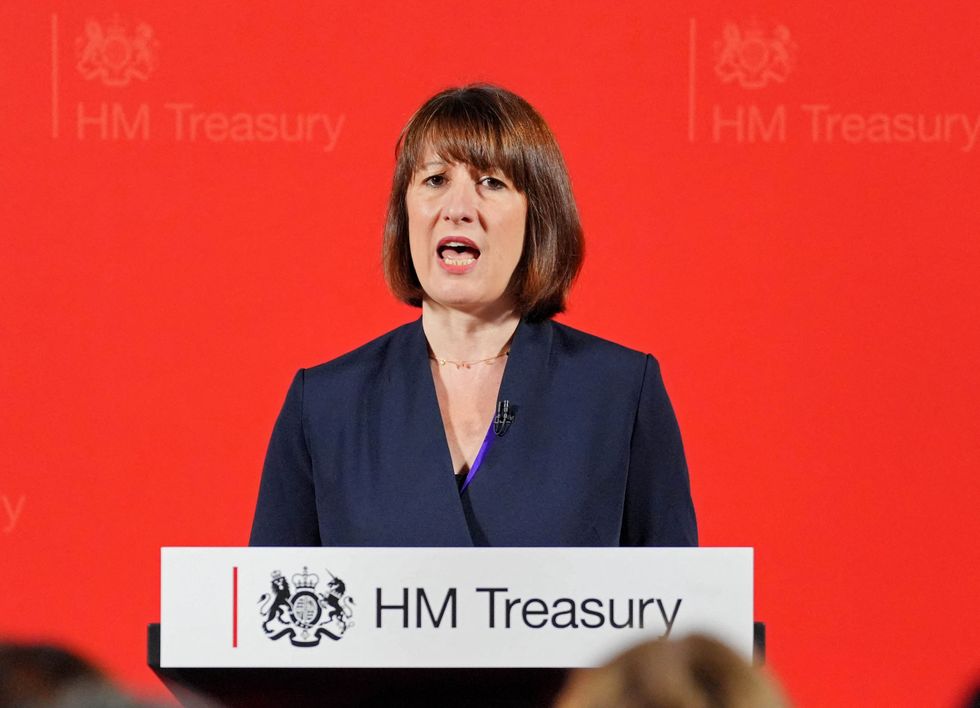 Reeves could reform inheritance tax as a whole and cut the gifting allowances | Getty
Reeves could reform inheritance tax as a whole and cut the gifting allowances | GettyHe also addressed concerns about potential tax changes, asserting: "None of these businesses behind me are put off by the rumours that are swirling around at the moment.
"They know that we are introducing legislation to increase the rights people have in the workplace.
"They know that we are also returning to a stable economy, planning for the long term, creating the conditions where we can, once again, return to the international stage with pride and sell what Britain has to offer companies from around the world if they come and invest in our country."
Kyle stressed Labour's plans to introduce legislation enhancing workplace rights while maintaining a stable economy and attracting international investment.
Additionally, over 500 entrepreneurs have signed a letter opposing any hikes to capital gains tax (CGT). The Entrepreneurs' Network argues that a CGT rate rise would "jeopardise the success of our country's start-up ecosystem by enormously weakening the incentive individuals have to build businesses".
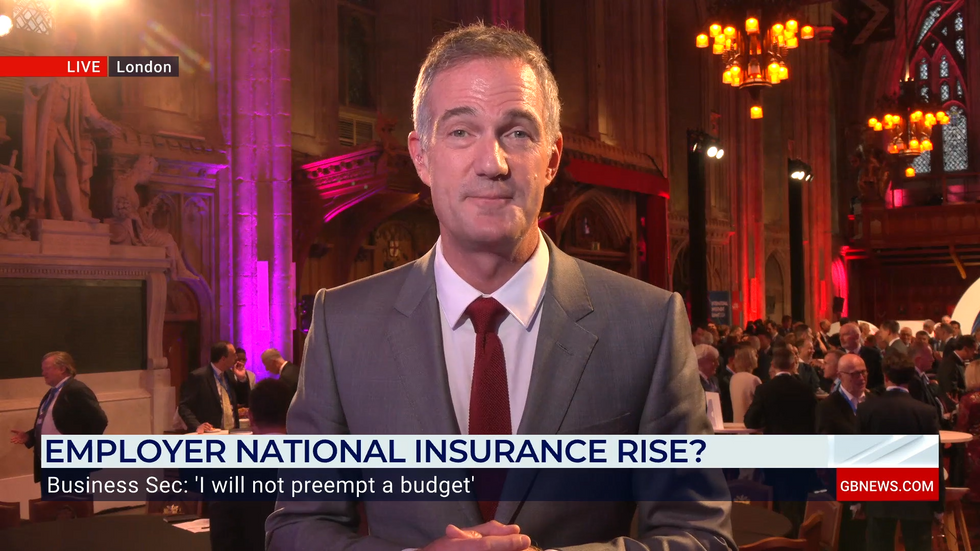
Kyle assured GB News that 'there'll be no new taxes on working people'
|GB News
With the Autumn Budget set for October 30, all eyes are on Chancellor Rachel Reeves and the Labour Party's fiscal plans.
The potential changes to National Insurance and other taxes have sparked intense debate among business leaders, politicians, and economists.
As the Government seeks to balance its manifesto commitments with the need for increased revenue, the coming weeks will be crucial in determining the future direction of UK tax policy.
The outcome of these decisions will likely have far-reaching implications for employers, workers, and the broader economy.


